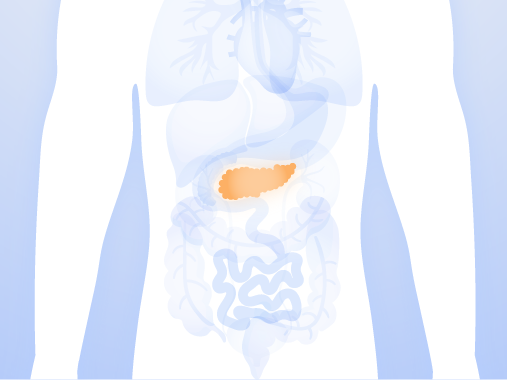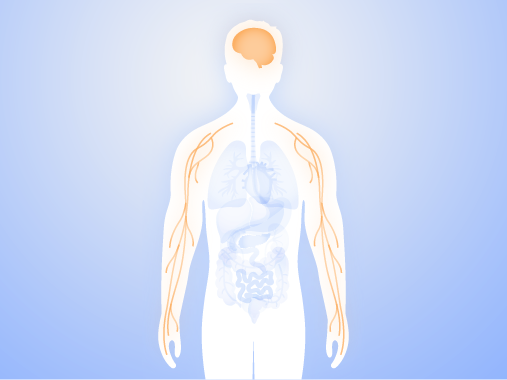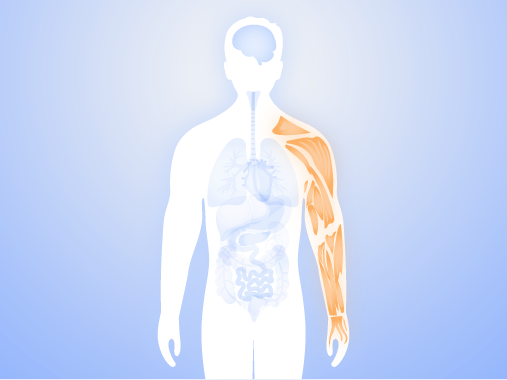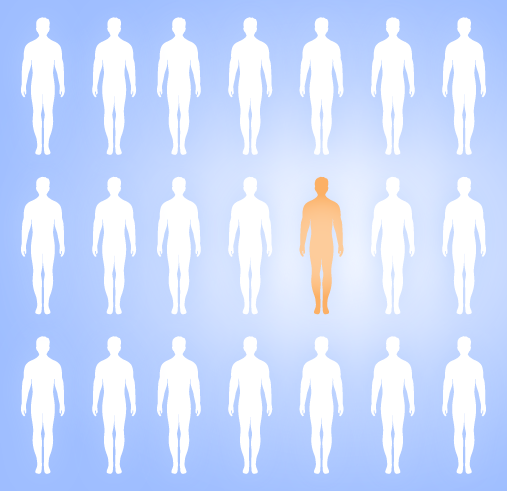
SERCA has been shown to be impaired in diabetic patients, leading to low ER calcium and thus impaired ability for the ER to produce insulin.
Neurodon’s first-in-class drug candidates target dysfunctional calcium homeostasis in pancreatic β-cells and have the potential to attenuate pancreatic β-cell death.
In preclinical studies, NRDN-101 and derivatives have been shown to:

Neurodon’s compounds approach Alzheimer’s in a novel way. Instead of targeting amyloid plaques, a tactic that has not been successful to date in competitor therapies, we target cellular calcium homeostasis in hippocampal neurons, which is disrupted calcium is upstream from several pathological features, by addressing neuroinflammation, tau phosphorylation and amyloid aggregation.
In preclinical studies, NRDN-201 has shown to:
Our novel approach to treating Parkinson’s lies in repairing cellular calcium homeostasis in dopaminergic neurons located in the substantia nigra pars compacta portion of the brain by accelerating SERCA’s activity for calcium transport.
In preclinical studies, NRDN-201 has shown to:

Neurodon’s compounds target calcium imbalance in muscle cells implicated in muscle weakening as well as cardiac and respiratory dysfunction in DMD patients by accelerating the activity of SERCA in skeletal muscle cells.
In preclinical studies, NRDN-301 has shown to: